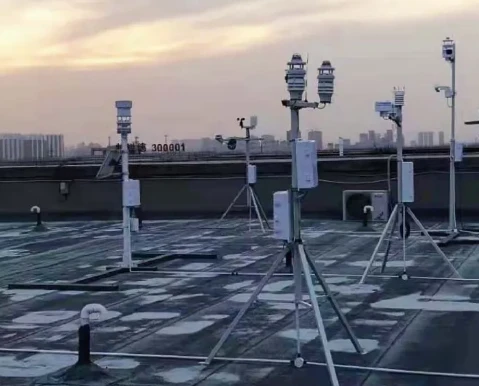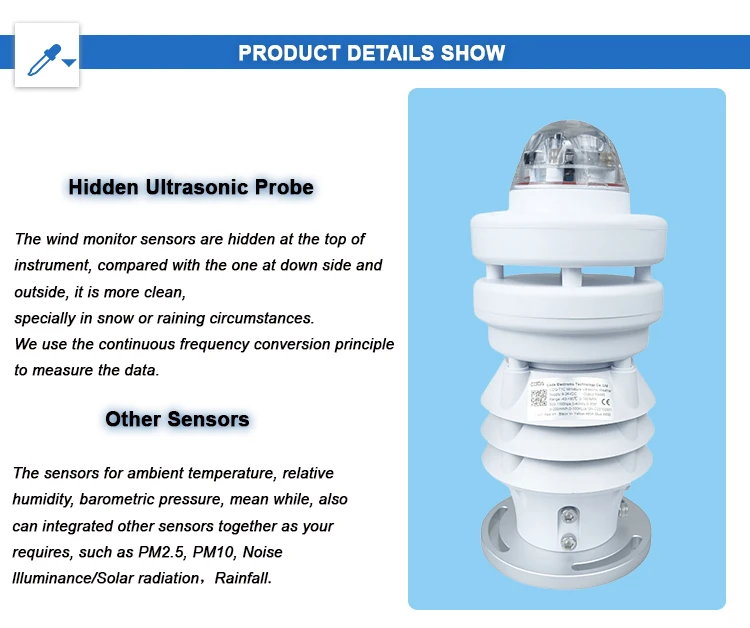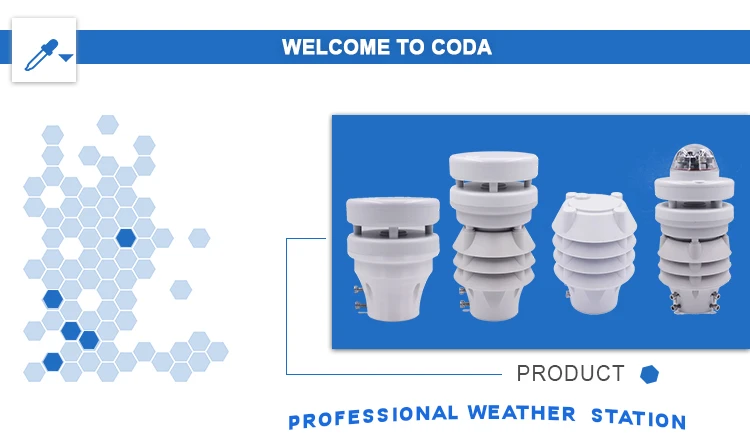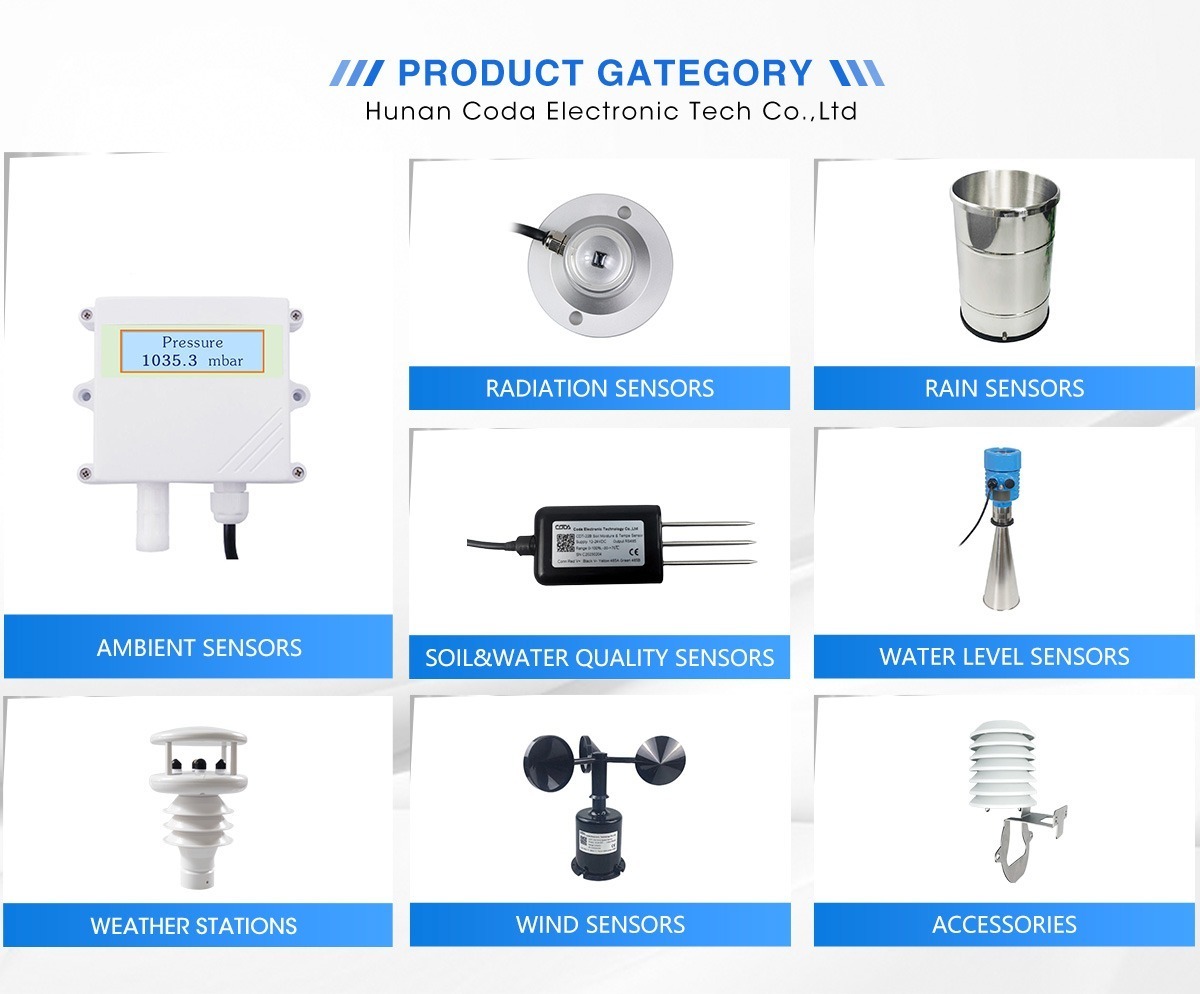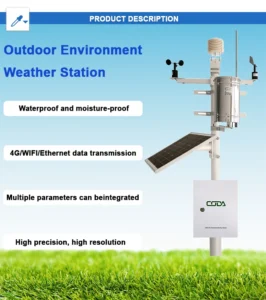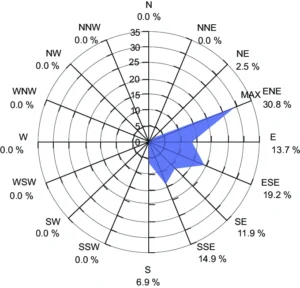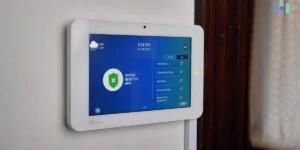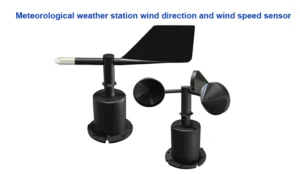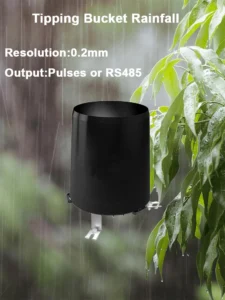8 Elements Weather Station
The study of meteorology is important for understanding nature. New science and technology have made the weather station a key tool. This station provides accurate weather data and has features like intelligence, automation, and sustainability. It has led to major changes in weather research, farming, environmental protection, and more.
8-Element Weather Station: Definition and Function
An 8-element weather station is an automated system. It tracks and records eight key weather elements at once. These elements include temperature, humidity, atmospheric pressure, wind direction, wind speed, precipitation, radiation, and light levels.
Together, they create a complete system for describing the weather in an area. The station collects data in real-time with precise sensors. This provides accurate and timely information. It offers a scientific basis for making smart decisions.
Characteristics and Benefits of the 8-Element Weather Station
Operational Conditions and Dependability
The 8-element weather station works well in tough conditions. It can handle temperatures from -50°C to +80°C. It also works with humidity levels from 0% to 100% RH. Its IP65 rating makes it dustproof and waterproof.
This lets it work well even in bad weather. The station’s design needs little maintenance. This cuts down on costs and workload.
Technological Innovation and Environmental Protection
The 8-element weather station uses IoT technology, AI, and solar power. This shows how tech can help the environment. It is small, light, and energy-efficient.
These features make it easy to install and move. This helps reduce its impact on nature.
The smooth design has no moving parts. This helps keep data accurate and systems stable. The standard 485 protocol output and low power use help the station work well. It can run on solar power or regular electricity.
Communication and Data Transmission
The 8-element weather station uses various communication methods. It supports 485 communication and GPRS/4G for remote access. This ensures reliable data transmission in real-time.
The 3-meter carbon steel bracket is easy to move and adjust. It is stable and simple to take apart. These new technologies help the station send data fast.
The data goes to cloud platforms or data centers. This makes it easier to analyze, process, and store information.
Application Fields and Scientific Research Value
The weather station is used in many areas like meteorology, agriculture, geology, and the environment. Field research is very important. It helps us observe key weather factors as they occur. These factors include temperature, humidity, air pressure, wind direction, wind speed, precipitation, radiation, and light intensity.
In agriculture, it helps farmers follow weather changes to plan their work. In geological exploration, it gives important weather data. For environmental protection, it is a key tool for checking air quality. Also, the station is great for field research, giving researchers an easy way to collect data.
Conclusion
The new 8-element weather station begins a new era in weather monitoring. It makes weather data more accurate and faster. This technology also supports scientific research, farming, and protecting the environment.
The 8-element weather station uses smart design and automation. It also cares for the environment. This station is important for modern weather monitoring. It helps people and nature live together in harmony.
